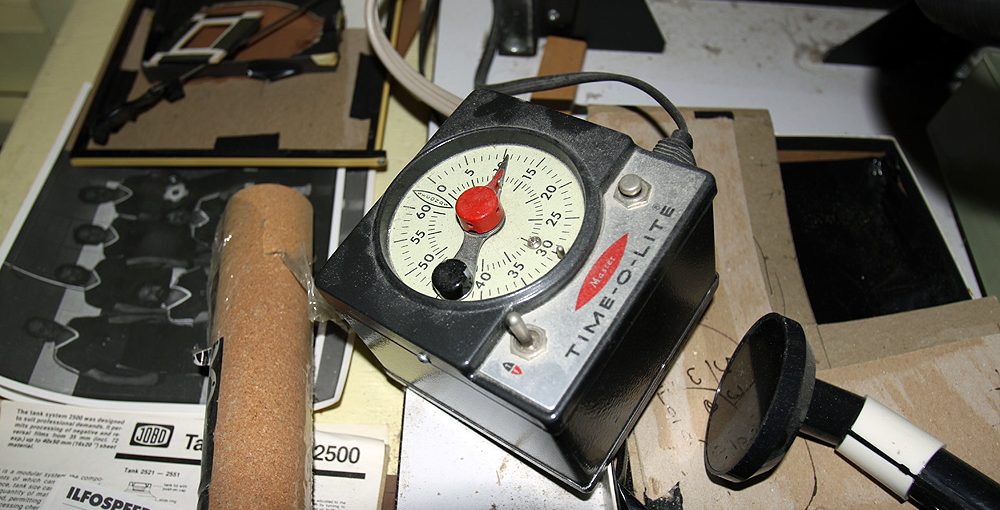I’m not one for New Years’ resolutions or stuff like that, but the end of the year is a good marker to start to look at things and go either, “Hmmm….this should have been…” or “Hmm…maybe next year….”
And so on.
Why I’m doing this:
- To a large extent, just for the hell of it: While there are limitations to what I have now (see below), there are a lot of options out there – low- and no-cost – that I could select if I were really desperate for change. But I’d rather trying rolling my own so I can learn something and customize it in every way.
- To make the blog dynamic: Right now I’m using Blogger, which has been great because it’s free. It’s been a drag, however, because Blogger owns the database (I’m not really complaining; it’s free, recall), so a lot of the stuff I’d like to do I can’t. I.e., the site could be more dynamic, but – because I can’t get to the database, I’m pretty limited in my tweaks (I’ve done a bunch of tweaks already, however).
- To add features: While blogging tools offer options – take MT (Moveable Type) for an example – the integration is not complete and, well, true unless it’s one codebase. I’ve build MT modules (locally), such as a blogroll tool. Works great. But the integration is not fluid – if I update MT, for example, I have to re-hack the MT code to install my modules etc.
That’s the short list; the long list is – as expected – longer. But I won’t bore any hapless readers.
However, one of the interesting decisions to make up front is the following – Where does the Blog’s logic reside. For example:
- Build blog and components locally and push HTML only to the public site (examples: Tim Bray’s Ongoing (emacs & scripts) or the Scobleizer Weblog (Radio). Note the lack of search.
- Have the database reside on the public site (examples: Pick any MT site). Usually a mySQL database on the Web server, not local.
- Have the database reside on the local site but replicate to the public site. I’m not sure of examples here, but – for example – it’d be possible to have a complete site local but replicate all/some of the local database to the public site for dynamic use there.
- What degree of dynamic is desired? Should I write out a lot of pages (a la MT and Blogger), or leave the site basically a template that is created when user calls it? (Examples of the latter are a large percentage of current Web sites – Amazon, Slashdot and so on.)
Interesting questions; I have to figure out what it best for me and the site.
While my site should get about 3 hits a year, I still want to build it in an extensible, flexible and robust manner, just for the hell of it. Anyone can build a crappy blogging tool; I’d like to make one that is at least useful to me and has the potential of holding up if I suddenly became popular.
Why not do it right?
But what is right for this tool/for me?
Aye, there’s the rub…
